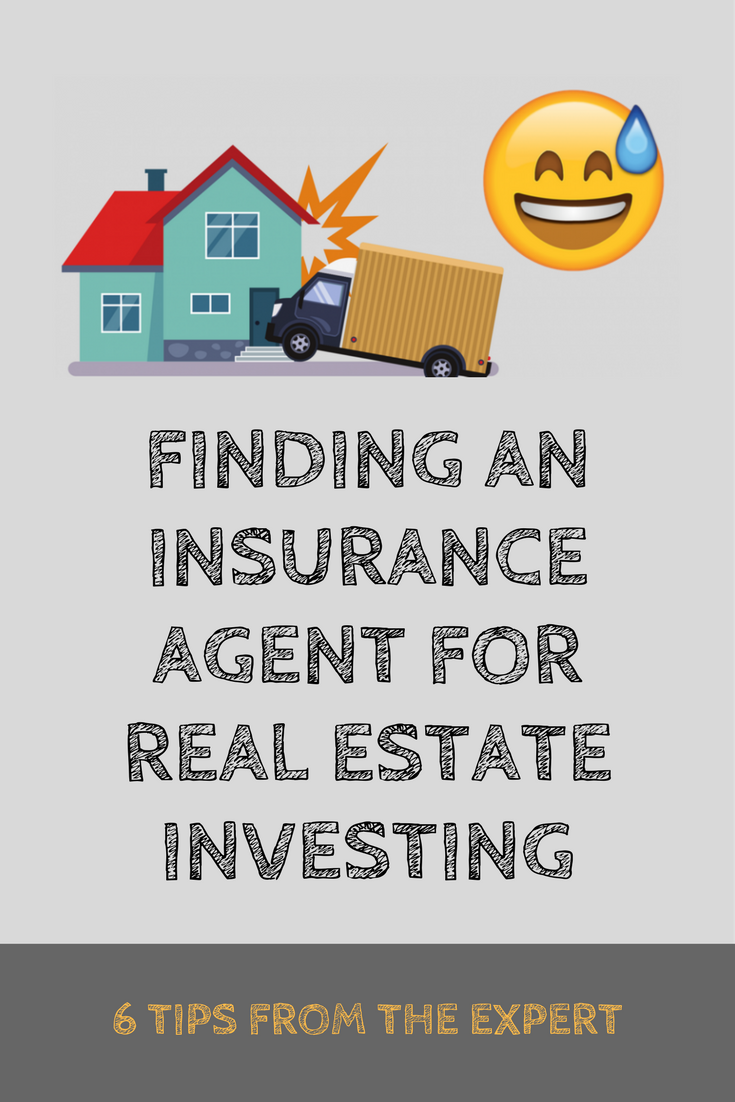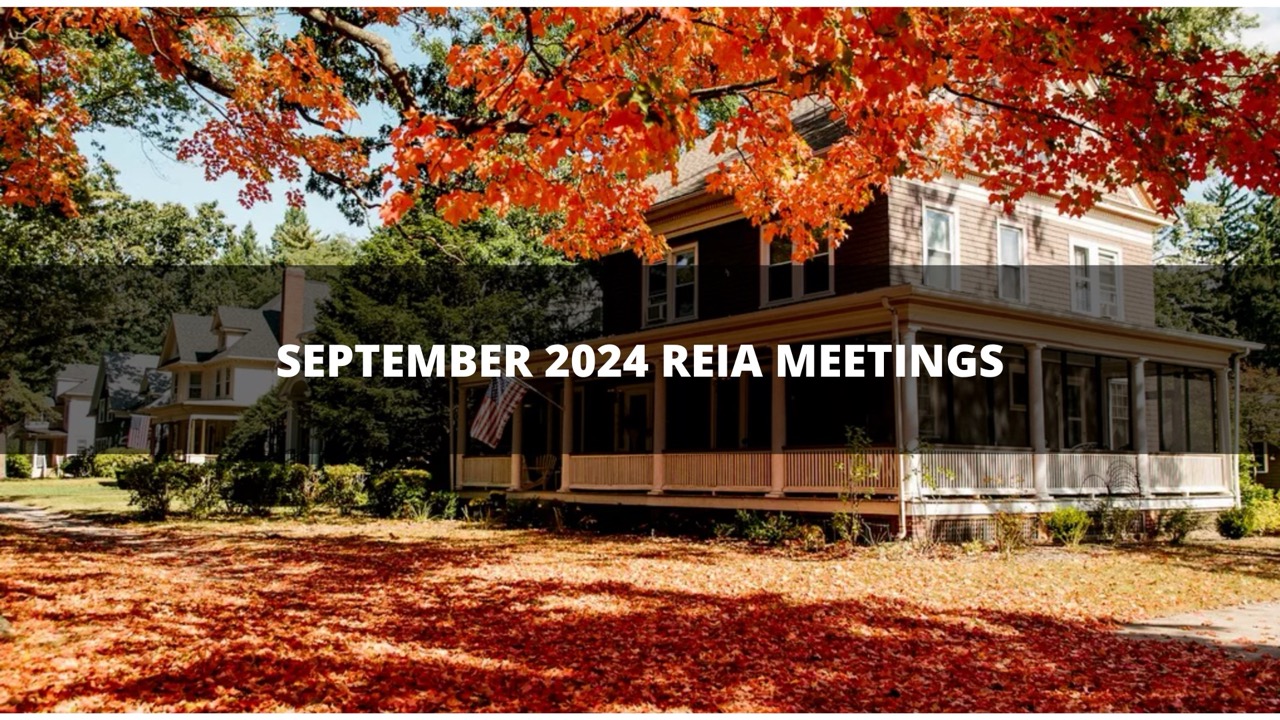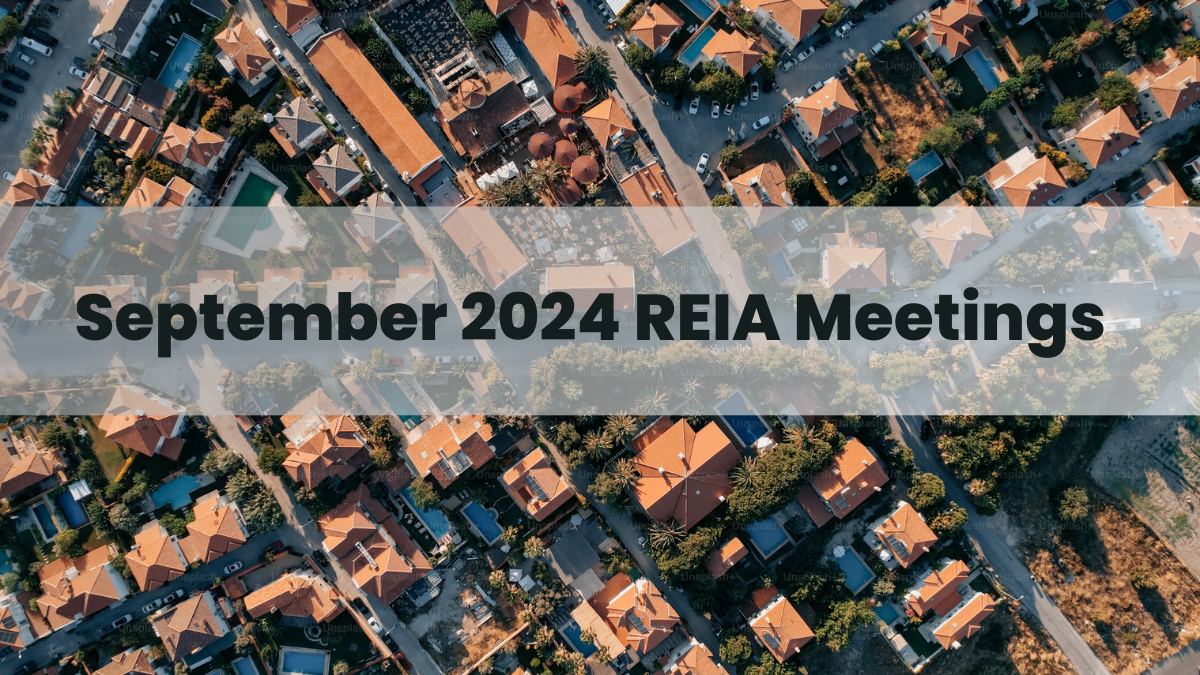Finding an Insurance Agent for Investors: 6 Tips From the Expert
There’s no doubt that insurance plays a critical role in real estate investment. That being said, there are a few key things someone just starting out in real estate might be unaware of… like the difference between a commercial insurance broker and a personalized insurance broker.
Are you ready to invest in real estate, but don’t know how to find the right insurance agent? Jason Bott, an insurance agent licensed in 30 different states, has all the advice you need. Read on!
The Big Question…
The big question is, should you pick a commercial insurance broker or a personalized one?
Most people start with their home and auto agent, like people with commercials on TV from State Farm, Allstate, and such.
These are personalized brokers and they only represent one insurance company. If you call them up and ask if they have something for you, they will almost always say yes. Even if they don’t have the right option, they’ll try to fit you into some sort of product. Doing this is like taking a product off the shelf and seeing if it fits you. Instead, the process should be about going to the marketplace and finding out which provider provides what you need. That’s what a commercial broker will do for you.

Tip #1: If you’re serious about real estate investing, find someone who works in the commercial space.
If you’re going to keep growing and have multiple properties—10, 20, or 30 units—then you want to go to a commercial broker right away.
The only time you might use a home and auto company is if the property you’re insuring is a single family rental or duplex, and you won’t be buying many more properties after that. Most of the time, your personal insurance program can just add on a single location with little trouble.
The problem is that most insurance companies have a limit of three or four units before they consider it commercial. Once you reach that limit and realize you’re not with the correct agent, you have to undo the first single family rental or duplex and rebundle. That’s usually where I come into the picture, when people are running into issues.
Tip #2: Every property is unique, so pick a commercial broker who can give you many options.
If you go to a regular home and auto insurance agency, you’ll probably come out saying, “My insurance agent can’t find a reasonable insurance premium. The only thing they have is super expensive.” That’s because a small agency of 2 to 10 people can’t support very many insurance contracts. This forces small agencies to put a huge premium on each contract. Additionally, they only have about 3 companies they can work with to find you a rate, unlike a large commercial brokerage who has contracts with about a hundred companies.
Think of it like this—let’s say you need a bolt. You can go to the corner hardware store, where everyone’s nice and means the best, but they won’t have the exact bolt you need. Whereas Home Depot or a big box store, who has thousands of bolts, might be able to find just what you want. A commercial broker is like Home Depot, and can find you exactly what you’re asking for instead of just trying to give you the best out of a few limited choices.

Tip #3: Make sure the broker has lots of markets to work with.
One of your first questions should be “How many insurance carriers do you have that can offer quotes for rental properties?”
That’s almost exactly how you want to phrase it.
If you go to a small broker, they’ll probably have 3 or 4 markets. If you go to a bigger one, they might have around 30. Pick the broker with more markets, because they’re more likely to find a product out in the marketplace that’s less expensive or provides more coverage.
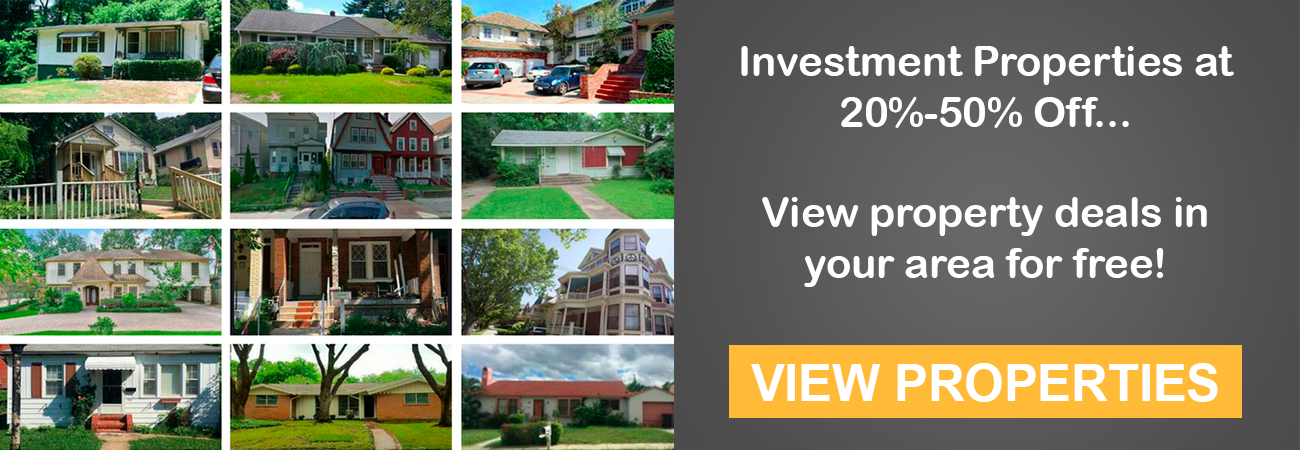
Tip #4: Choose an insurance agent who is licensed in the specific state you’re going to do business in.
Most of the time, agents are only licensed in one or two states. A lot of my clients are young tech guys from Silicon Valley who can’t buy a $2 million rental property in San Francisco, so they look to other marketplaces, like parts of Texas, where they can actually buy property and get into the real estate game.
What happens is that they go to their California-based home and auto insurance agent, and the agent will tell them they’re not licensed in Texas. This forces the client to go out to the open marketplace in Texas, and usually they’ll just start Googling to find someone.
That’s pretty dangerous…
It’s dangerous because you have no reference point of who’s good and who’s bad. When this is the case, it’s important to do your research and communicate with others in the industry so that you find someone you can trust.

Tip #5: Make sure the insurance agent understands the real estate business and is experienced with different property types.
I say this because I’ll have clients who buy lower end properties for $30 to $50 grand, and agents want to insure them for $250,000. This is crazy because the property will never be worth that much, and you’re never going to rebuild it if you have a total loss.
There’s a totally different approach to insuring property with a market value of $50,000 than one in an up-and-coming area that you’d insure for $250,000.
It’s like going to your tax accountant to see if they can help you with your specific business. Just because they do the books for a lot of garages doesn’t mean they’re going to be able to properly set up the books for a real estate investor. There are pretty big differences between buying a single family home versus buying a 108 unit complex. With a 108 unit complex, there are all sorts of moving parts that you have to be concerned about, and you need to find an insurance agent who can take care of all your needs. There are tons of little tricks and tips that someone specific to the niche will know.
Tip #6: Pick a broker who can adjust the insurance policy coverage to your risk tolerance.
You shouldn’t just be presented with one option. We can compare this to buying a car. Of course an Audi salesperson will say that you should always buy an Audi because Audi is best. But maybe you want this car over here that cost 12 grand that just gets you to work. They’ll say, no, no, no, you need the four wheel drive and all wheel drive, and you need this, you need that.
It’s the same way with insurance agents who might try to sell you on something that doesn’t suit you. The way it should be is they say, “Hey what are you looking to do? Do you want a really nice car or does it not really matter you? If not, let’s look at these lower end cars that can still get you from point A to point B.”
Make sure the agent is flexible and can adjust coverage based on what YOU want. That might be very basic coverage, or something with a lot of extra perks.
I had a few investors in Washington DC who bought almost every bell and whistle for their policies. But then last week I had one guy who stripped every single thing off a policy. I wouldn’t really recommend either of these—I’d find some halfway point. You want to cover your needs but you don’t want to go overboard.
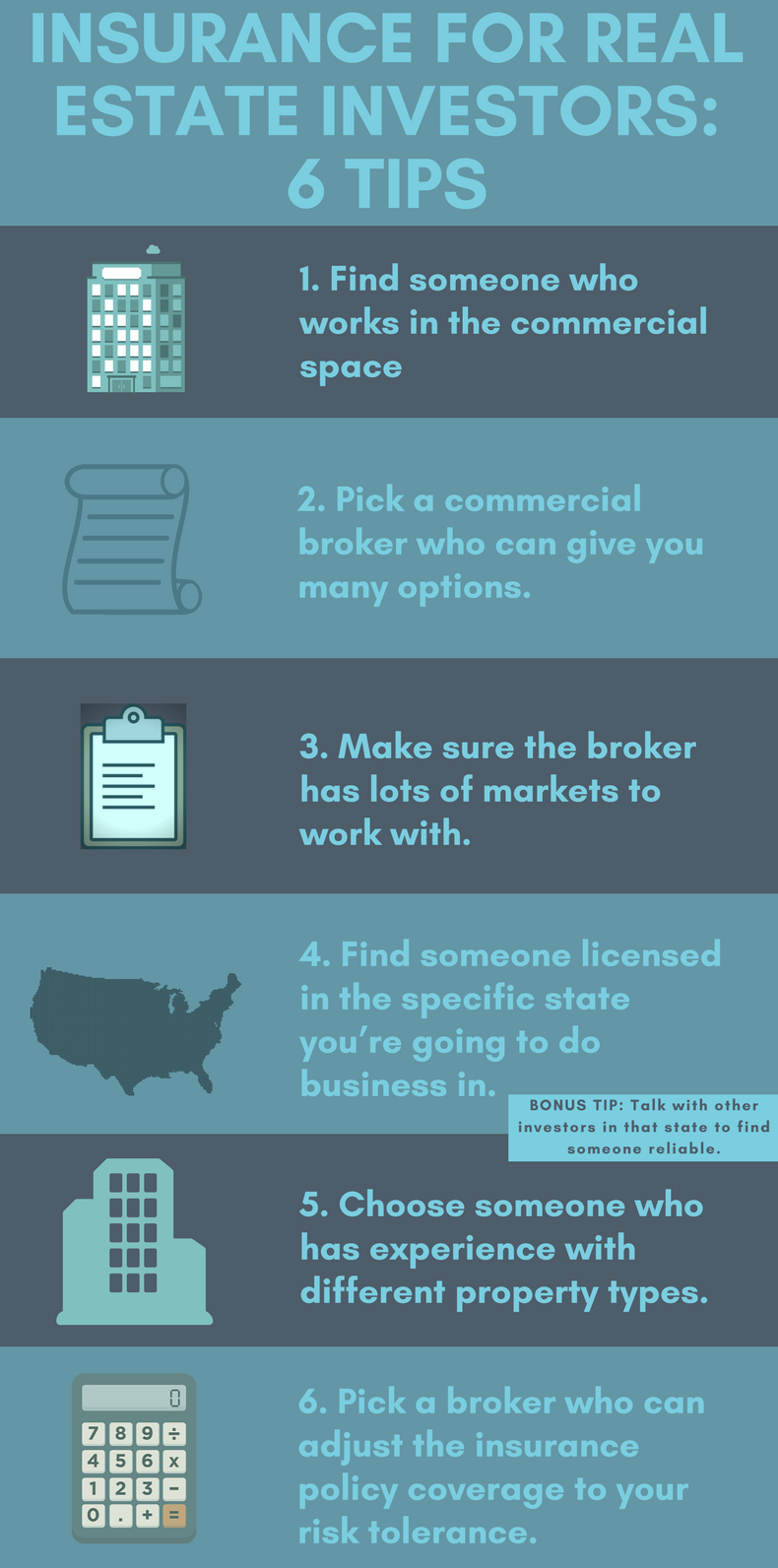
To sum it up…
If your agent is only presenting one way to insure the property, they don’t have any good solutions for you. They need to be able to adjust to your risk tolerance. Every investor wants their insurance coverage to match their risk tolerance so that they can sleep at night. That’s the bottom line.



